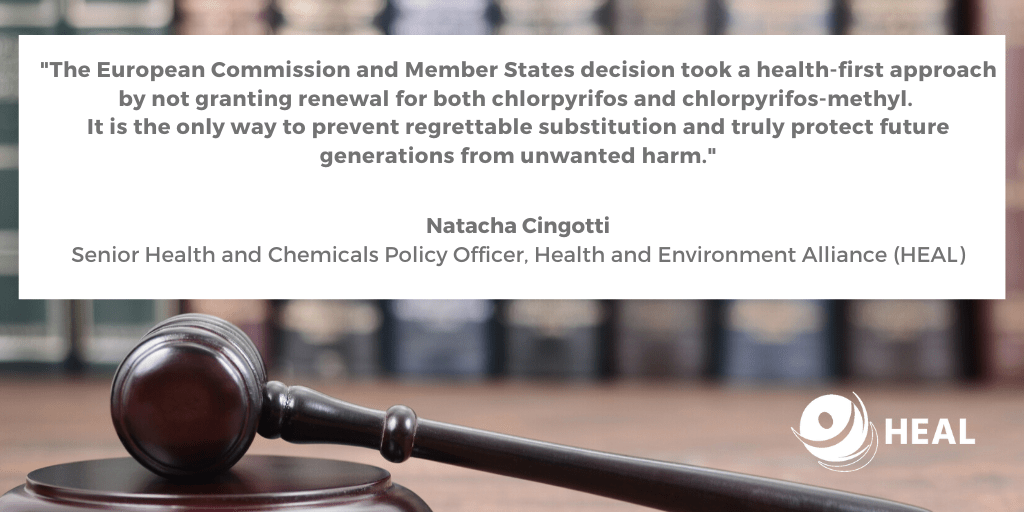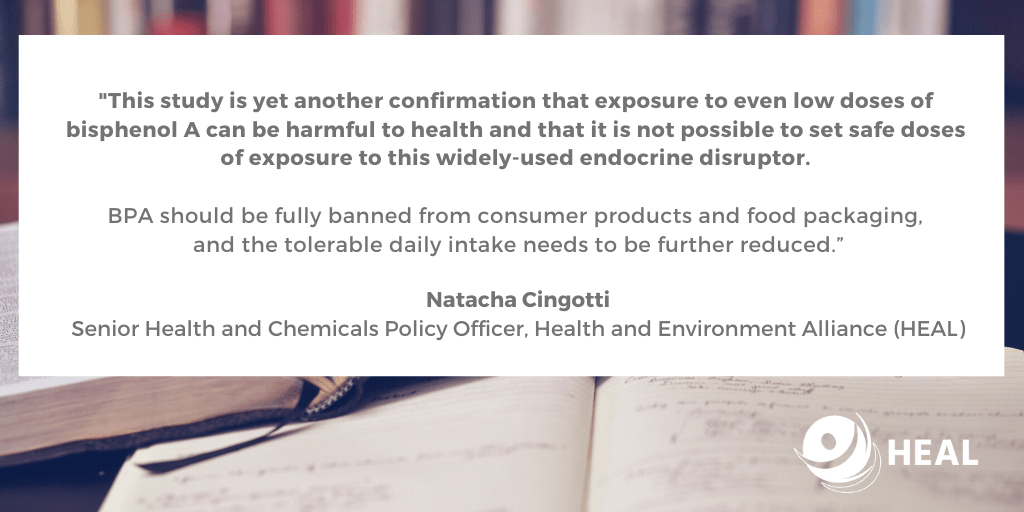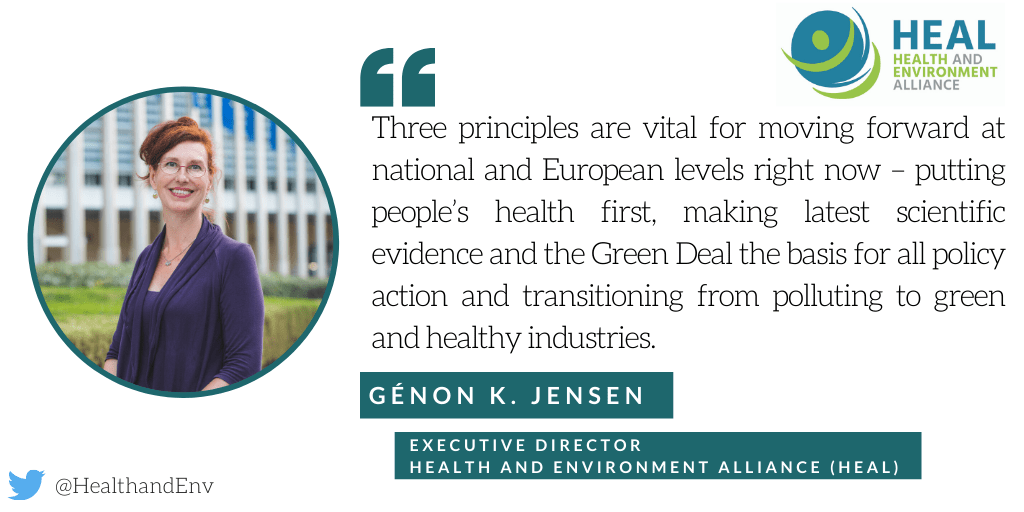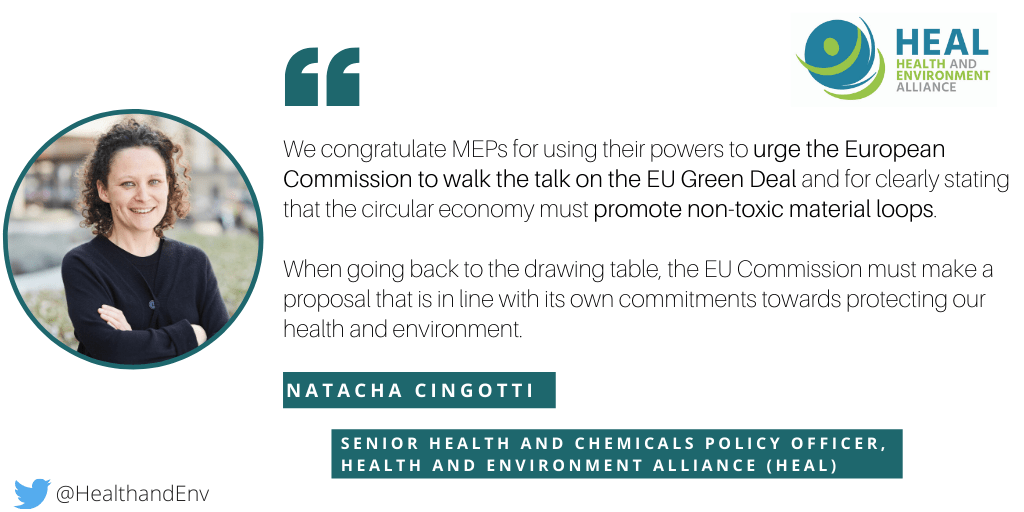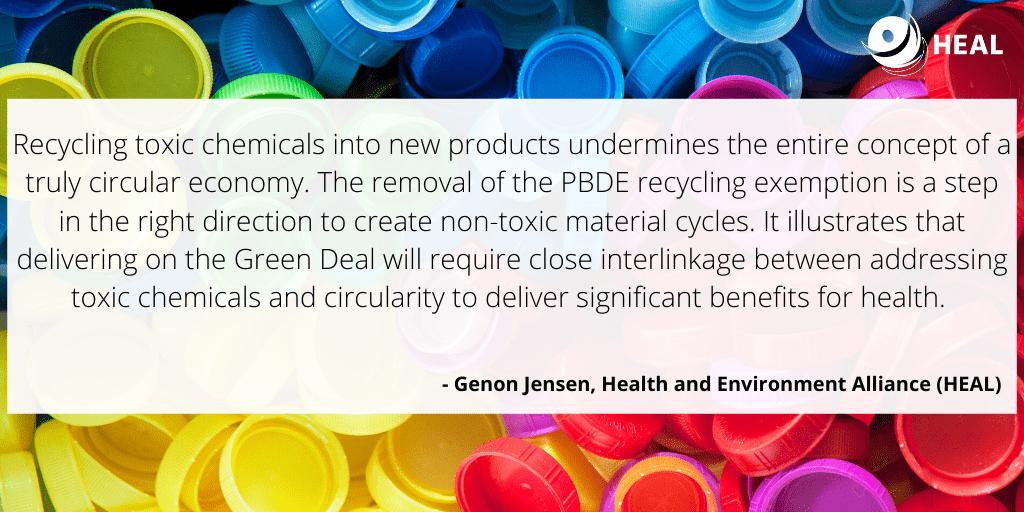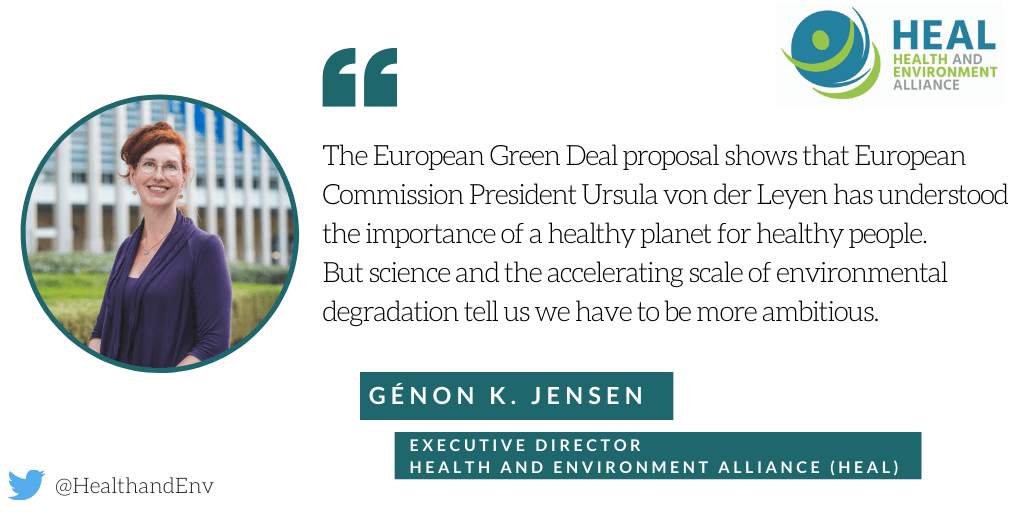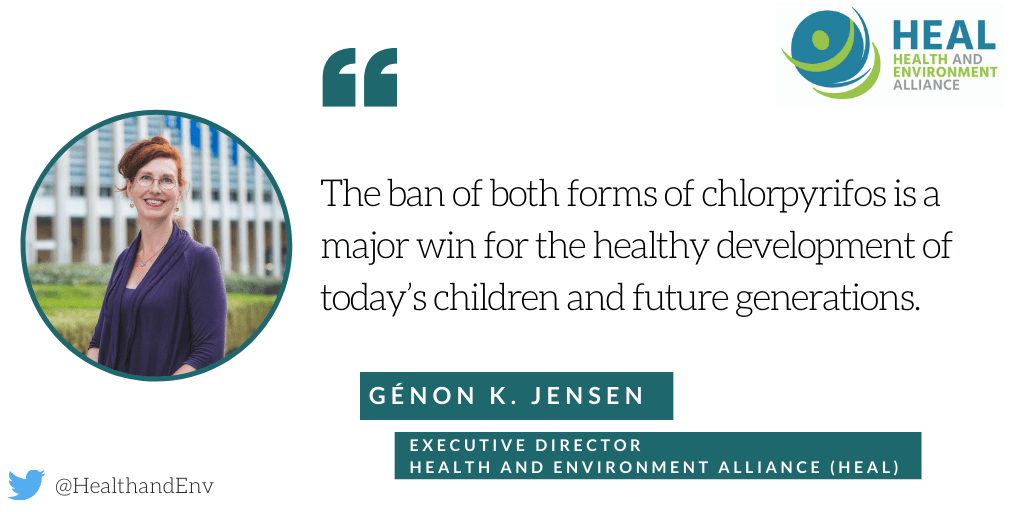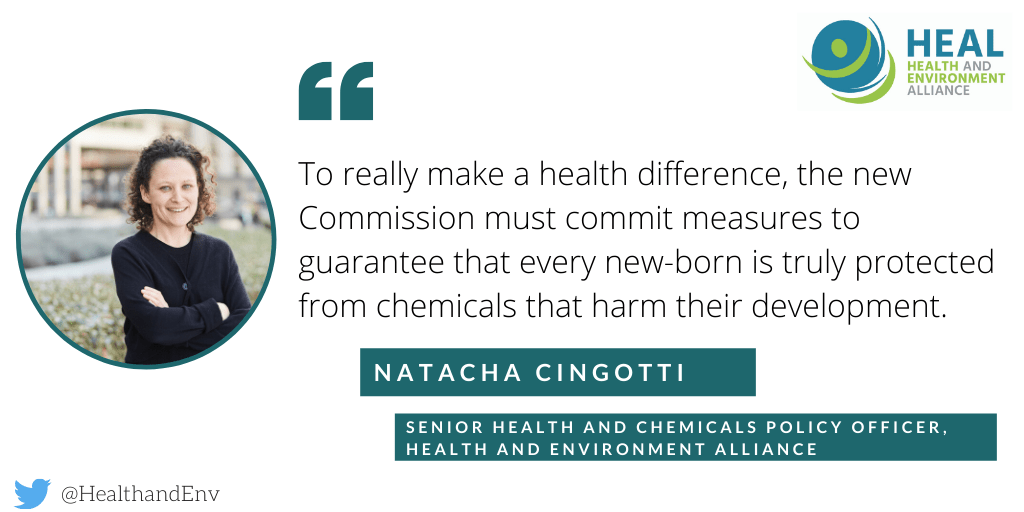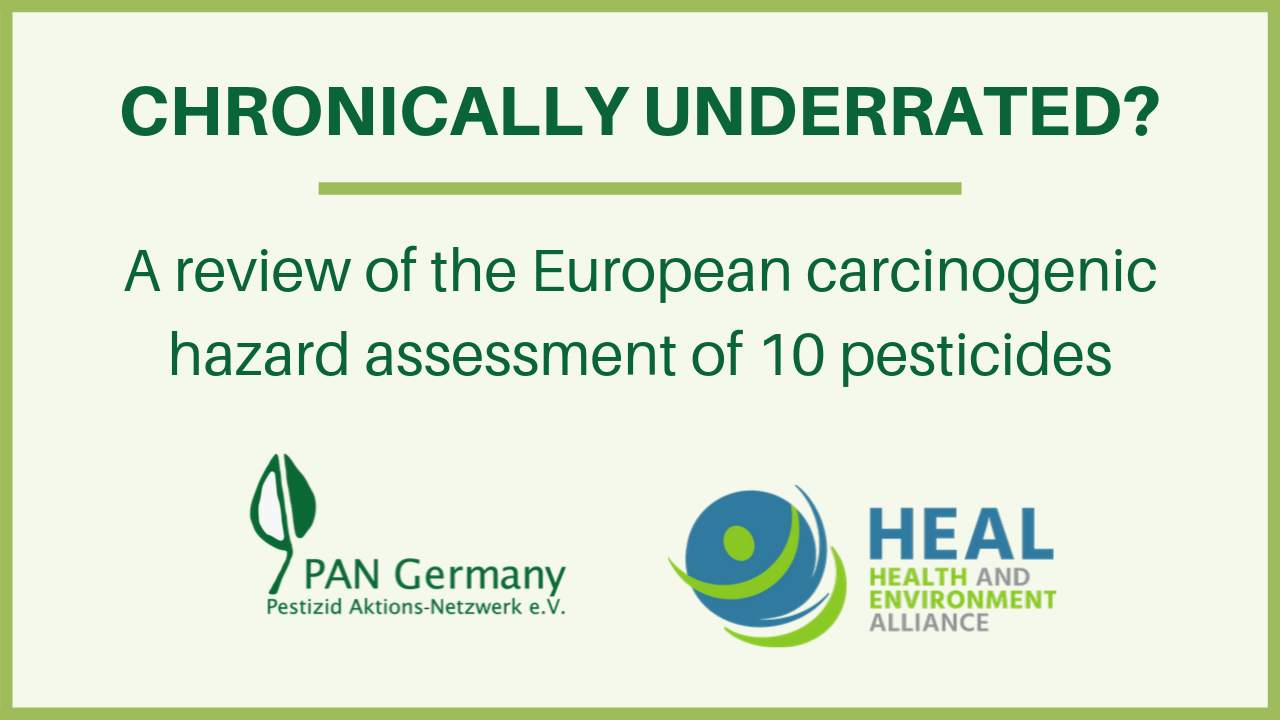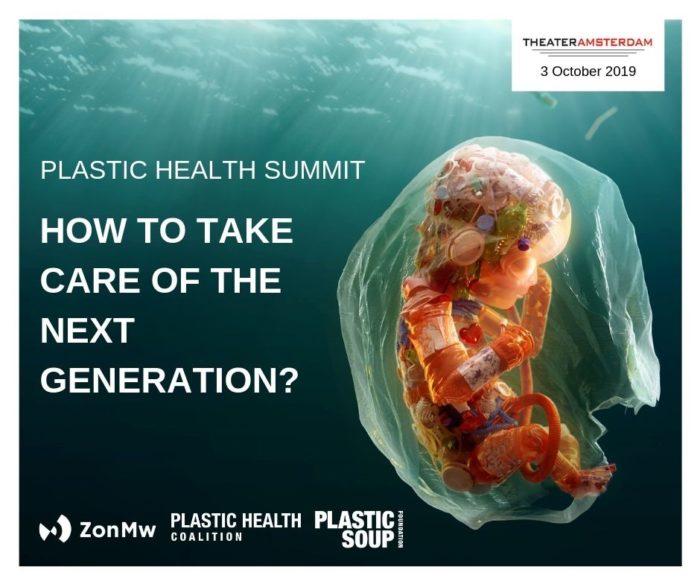HEAL requests intervention in industry legal challenge of European non-renewal of chlorpyrifos-methyl
The Health and Environment Alliance (HEAL) today announced having requested the right to intervene in a legal challenge recently launched against the non-renewal of pesticide active substance chlorpyrifos-methyl at the…
Letter to Chinese Banks by More than 20 Turkish NGOs
Adana – More than 20 civil society organisations have sent a letter to Chinese banks, China Development Bank, ICBC and Bank of China, calling on them to withdraw their financial…
New science commentary: How fossil fuel-derived pesticides and plastics harm health, biodiversity, and the climate
New scientific study highlights non-monotonic dose-response curves and low-dose effects of bisphenol A
Moment of truth for EU as over one million people and 100 NGOs call for green, healthy and just recovery
Over one million people and 100 environmental NGOs across Europe are calling on the European Union to restart its economy by launching the biggest green investment plan the world has…
European governments united in addressing the air pollution health emergency
International scientists sound alarm bell over harmful chemicals coming in contact with our food
MEPs block EU Commission proposal that would allow toxic lead in recycled PVC
Forever chemicals no more: Belgian premiere of Hollywood movie “Dark Waters” highlights reality of PFAS pollution and the urgency to address it through ambitious regulation
Environmental health groups celebrate end to EU allowance for banned flame retardant chemicals to enter recycling streams & new products
Transition to a toxic-free circular economy in the carpet industry still a distant reality, despite industry initiative
Transition to a toxic-free circular economy in the carpet industry still a distant reality, despite industry initiative – European Commission needs to set up EPR scheme as part of the…
Another “forever chemical” – PFBS – added to Europe’s list of substances of very high concern
The European Chemicals Agency has recognised Perfluorobutane Sulfonic Acid, PFBS (and its salts) as a substance of very high concern (SVHC) [1]. PFBS is part of the large group of…


